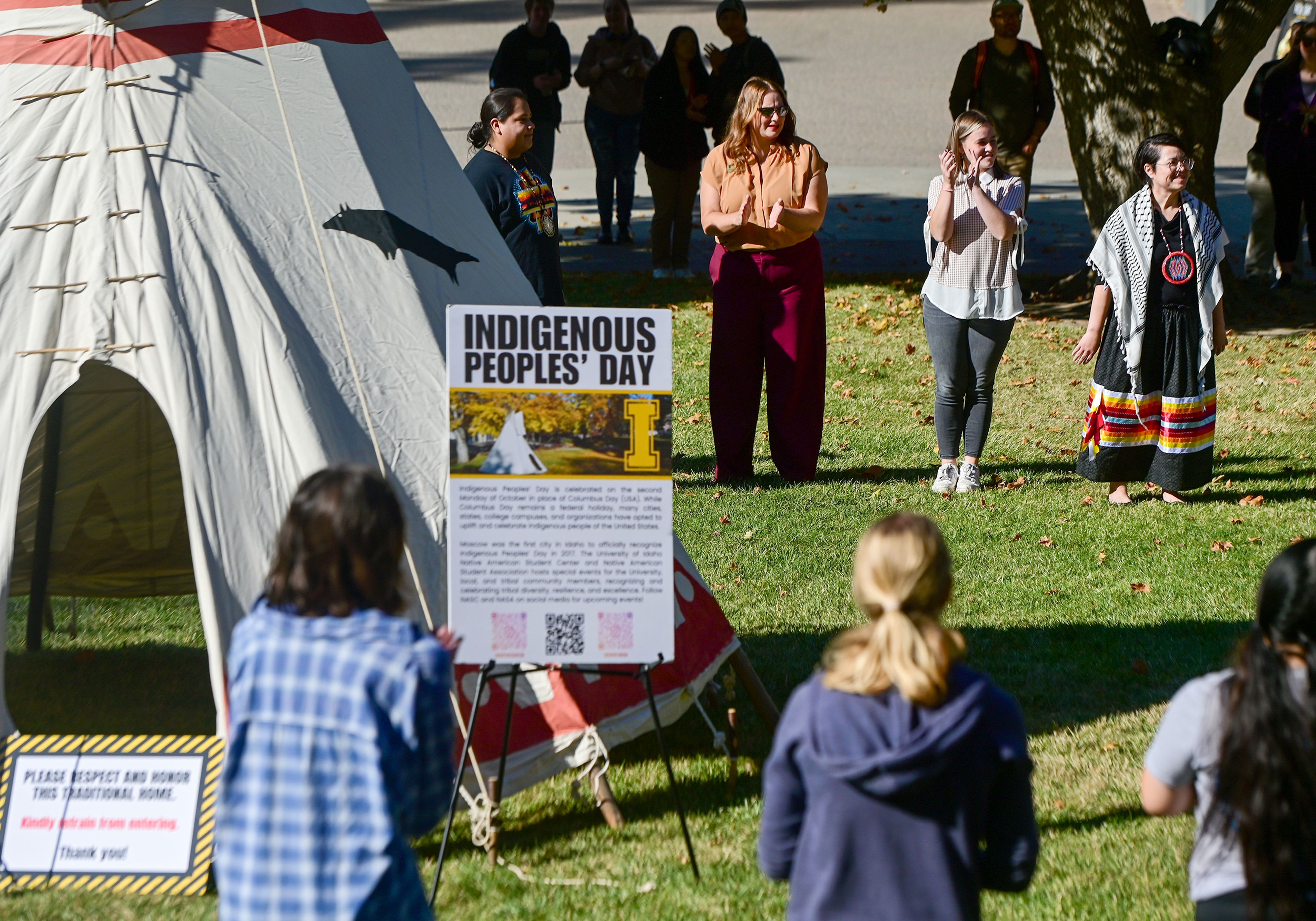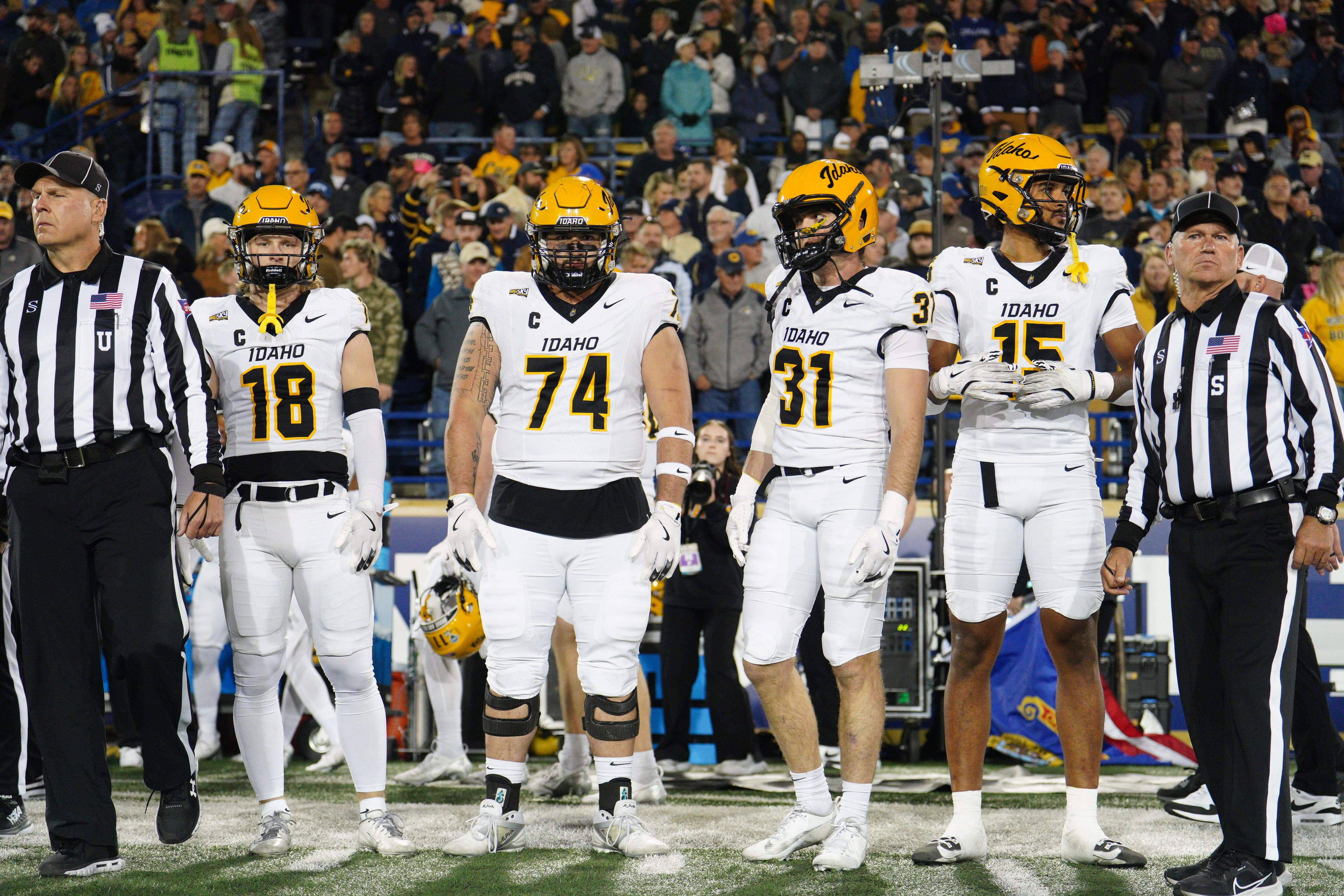In 2017, nearly 335,000 Idahoans owned a hunting and/or fishing license. The Idaho sportsman’s “caucus,” while hardly ever speaking with one voice on anything, arguably represents the largest special interest group in the state. All those hunters and fisher people should be increasingly up in arms about a trend that portends ill for public access to increasingly large swaths of Idaho and the West.
The brewing controversy has come into sharp relief with gates that have gone up at a long open public road just north of the Bogus Basin ski area and east of Horseshoe Bend in Boise County. The road, apparently built by the Civilian Conservation Corps during the Great Depression, has long provided public access for hunting and hiking on property once owned by Boise Cascade Corp., and Potlatch. As the Idaho Statesman reported recently, “The gated stretch of road has been privately owned but publicly accessible for decades. It provides access to neighboring public lands and a network of secondary roads.”
The current owners, the hard-right billionaire Wilks brothers of Cisco, Texas, put up the gates a while back and dug trenches to prevent bypassing the closure. The U.S. Forest Service, which has long maintained the road, has received plenty of complaints. Similar activity took place in Adams County last year and only stopped after the Forest Service pushed back.
The Texans are notoriously tight-lipped about what they’re really up to, but a safe guess would be that they intend to monetize their Western holdings by selling multimillion dollar “ranches” and private hunting compounds. The weekend hunter, the family camping trip and good neighborly Idaho values will be the losers.
The Wilks’ ownership is now close to 200,000 acres in Idaho, much of it in southern Idaho and its land with a contentious history. One-time Idaho governor and eventually assassinated martyr Frank Steunenberg controversially bought up some of this same land in the early 1900s to create the Barber Lumber Company, a predecessor of Boise Cascade. Steunenberg received help in that endeavor from a crafty lawyer by the name of William Borah, who was eventually acquitted of charges that he had abetted fraud in the timber acquisition.
When Boise Cascade later acquired the same land, the big timber company managed it well for the most part and, understanding Idaho custom and culture, facilitated public access. Texans apparently have a different ethic.
Idaho law prevents the kind of road closures the Wilks have precipitated in Boise County, but the law offers only a criminal penalty, which means Boise County — a big county with a tiny population where they change prosecuting attorneys like the rest of us change socks — will have to find the resources to challenge the closure. Don’t hold your breath. The county will need specific and aggressive state help.
“Counties are strapped for resources, especially rural counties where these violations are happening,” says Brian Brooks, the executive director of the Idaho Wildlife Federation. Brooks’ group discovered the deed that documents that the Boise Ridge Road should remain open in perpetuity. But his group can’t sue because there is no civil penalty in Idaho law.
“Choosing to derail county budgets to prosecute billionaires over access issues, while burdened with more heinous crimes, is not financially practical,” Brooks says. “It’s time we give citizens legal recourse to enforce public access.”
Or how about this: Soon-to-be Gov. Brad Little, who knows the Boise front like the inside of the Statehouse, could order his Fish and Game Department to aid the county and Attorney General Lawrence Wasden could put some staff on the issue. They would be on the right side of Idaho sportsmen and women, and would send a big message to rich out-of-staters who represent a growing threat to public access across the West.
Since selling their fracking and oil field services company to the government of Singapore in 2011, the Wilks brothers, huge contributors to Republican causes in Texas, have been buying up the West. According to Forbes magazine, the brothers have bought more than 672,000 acres of land in five different states, including Idaho.
The Wilks boys, according to the Dallas Morning News, are big supporters of Texas Sen. Ted Cruz and have spent at least $6 million on Texas political races in the past two election cycles. They are also very involved, according to the Texas Tribune, in a host of Tea Party, anti-abortion and anti-gay rights efforts. There is no clear evidence that they’ve been playing financially in Idaho races, but stay tuned.
In Montana, where the brothers own nearly 360,000 acres, they have been trying to engineer a huge land swap with the Bureau of Land Management, have been in protracted fights with longtime ranchers over water rights, have sparked squabbles over hunting access and have spent heavily in support of Republican candidates. Earlier this year, the Wilks brothers were part of a not-very-transparent group that engineered a controversial re-write of Idaho’s trespass law, a sloppy and rushed process that Gov. C.L. “Butch” Otter complicated when he wimped out and allowed the legislation to become law without his signature.
The Montana situation is politically instructive. The Wilks’ oil leases with Republican U.S. Senate candidate Matt Rosendale became an issue in Rosendale’s race this year against Democrat Jon Tester, as did the Republican’s shifting stands on access issues. By contrast, Tester is co-chairman of the Congressional Sportsman Caucus and has made access to hunting and fishing a cornerstone of his Montana message. Tester won his recent Senate election in a state that President Donald Trump carried by more than 20 points. Montana, like Idaho, is a very conservative state, but also a place where public access to hunt and fish is a very big deal.
The politics of resisting billionaire private landowners shutting off historic public access should be a no-brainer, even for conservative Idaho Republicans. Forcing a couple of high rolling Texans to take down a gate in Boise County would be a good place for Idaho’s political leaders to start to draw their own line.
Johnson served as press secretary and chief of staff to the late former Idaho Gov. Cecil D. Andrus. He lives in Manzanita, Ore.









